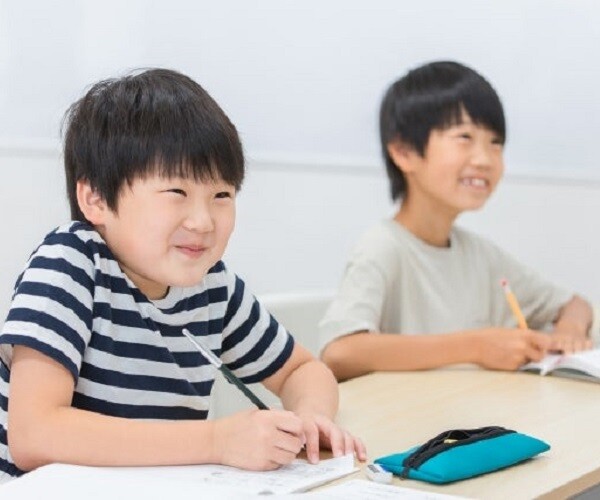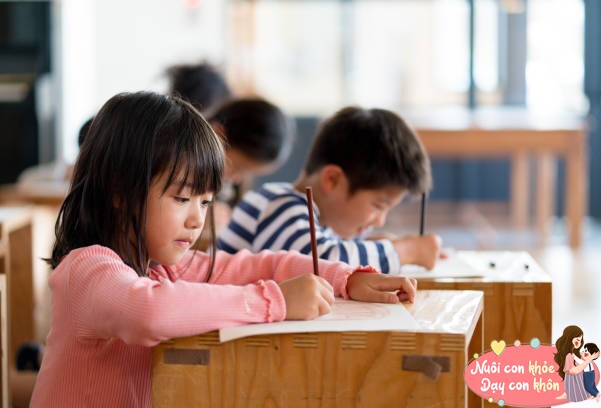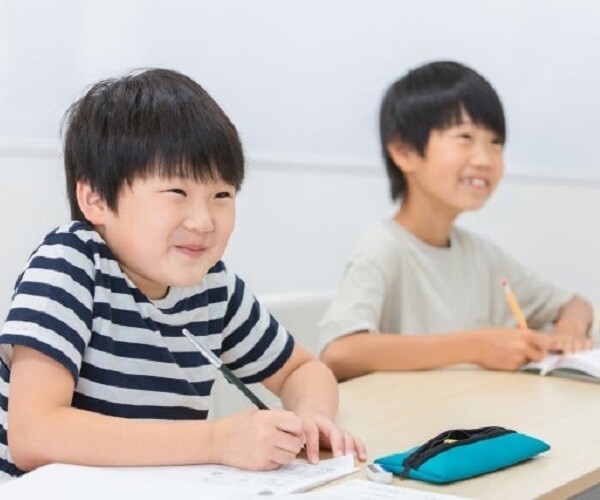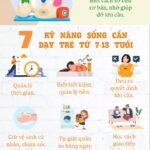A teacher at a high school with over 20 years of teaching experience points out that the biggest reason for the gap between average and gifted students is not IQ and scores, but the difference in learning concepts.
In other words, gifted students view learning as a “startup project”, taking full responsibility for their academic results and proactively thinking, planning, and executing effectively.
On the other hand, average students are like “workers”, waiting for instructions from teachers and parents, merely trying to complete tasks and rarely paying attention to the final academic outcomes.
This difference in learning concepts affects academic performance, specifically in the following three aspects.


Time Management: Gifted Students Pursue Efficiency, Average Students Pursue Longer Study Time
The study time of gifted and average students is usually quite similar, but the efficiency of gifted students is on a whole other level.
This gap is not random but a result of gifted students viewing time as a precious resource and striving to accomplish the most tasks in the shortest time possible.
These students tend to summarize and optimize their study methods. For instance, they may use tools to delegate tasks, strictly adhere to a study and rest routine, and ensure they can focus during each study session to maximize productivity.
More importantly, they don’t stay up late or study excessively. They are well aware that studying while tired is not only inefficient but also yields half the results for twice the effort. Thus, they often opt for going to bed early and waking up early to combat fatigue.
In contrast, average students have a habit of consoling themselves by measuring the time spent on studying. They tend to fill their schedules with homework, memorization, or classes from morning to night as if this will lead to higher scores.
However, in reality, this style of studying is more like “self-deception”: it seems like hard work, but the actual outcomes are minimal, and it can even lead to the counterproductive effect of “overworking.”
Suggestion: To improve results, focus on the quality of study time rather than the quantity.

Gifted students tend to summarize and optimize their study methods.

Study Methods: Gifted Students Focus on Outcomes, Average Students Focus on Form
When it comes to specific study methods, the thinking models of gifted and average students differ drastically.
Academic elites are “outcome-oriented”. Their core goal is to master knowledge and improve scores, so they take responsibility for results and pay attention to the scientific nature of methods as well as practical efficiency.
For instance, when doing homework, gifted students don’t chase the quantity of questions but prioritize reviewing the content and ensuring they grasp the knowledge before attempting the exercises.
During their practice, they summarize patterns, find the core of knowledge points, and focus on the essence.

Gifted students focus on outcomes and results.
For incorrect answers, they truly assimilate the knowledge through repeated practice, analyzing knowledge points, and organizing question types, instead of mechanically copying and sorting.
In contrast, average students pay more attention to the “sense of form”. They are often eager to keep up with the pace, trying to memorize without truly understanding the knowledge deeply.
Suggestion: Doing more exercises does not necessarily mean better learning. It’s crucial that students fully understand the knowledge behind the questions.

Self-Evaluation System: Gifted Students Are Independent, While Average Students Rely on External Evaluation
Another significant difference lies in self-evaluation between gifted and average students.
Gifted students typically have an independent evaluation system, clearly understanding their learning goals, strengths, and weaknesses. They can adjust their plans according to actual conditions and take responsibility for their actions.
They don’t care much about external evaluations but focus on their personal growth and performance improvement.
For example, at school, they independently arrange their study pace, meals, and rest reasonably. When faced with homework, they also have their own strategies. They selectively complete homework according to their needs.
Suggestion: Learning is the student’s task. By learning to think and plan independently, they can control their pace. Thus, by changing their mindset, students can narrow the gap.

Gifted students usually have an independent evaluation system and clearly understand their learning goals.
If you want your child to improve their academic performance, first, adjust their learning concepts.
– Prioritize efficient use of time over lengthy study sessions.
– Encourage your child to plan scientifically and avoid unproductive long study hours.
– Focus on outcomes and results rather than mere form.
– Emphasize knowledge mastery and method optimization instead of chasing task completion.
– Develop independent thinking skills.
– Motivate your child to establish an internal evaluation system and take responsibility for their learning journey.



































